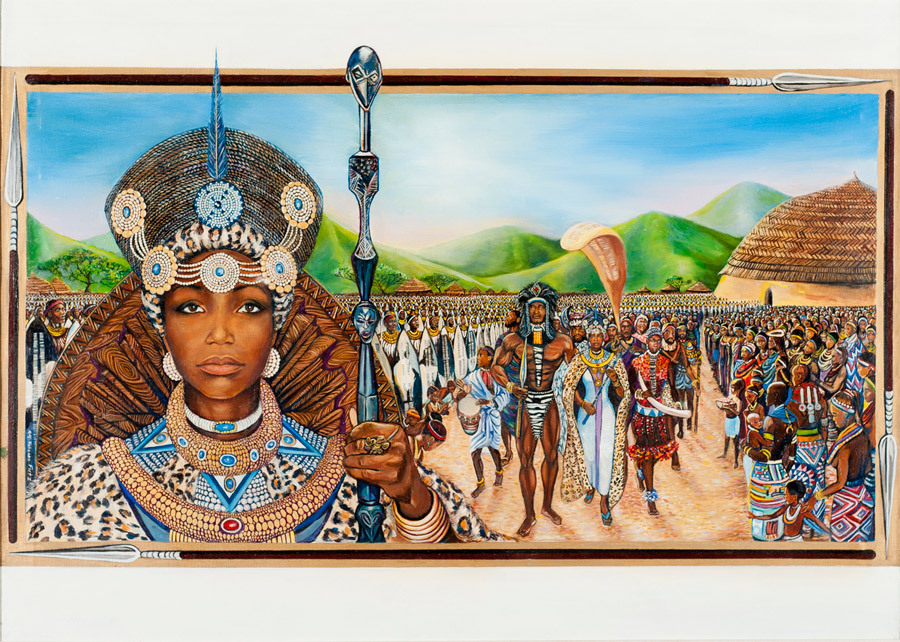Magi’s Star of Reference to Life of Jesus Christ
What? No mention of my favorite extra-Biblical source for the visit by the famous Astrologers. Allow me my two cents on the subject;
The Magi are the well known priests of Zoroaster. We learn of the role that the Magi played in the birth of Cyrus (another Hebrew "Messiah" Isa. 45:1-4 and presumably an adherent of the religion of Zoroastrianism) from Herodotus ("Histories." Book 1, Pages 107-129). Zoroaster is also credited with predicting the birth of Christ in the Apocryphal first Gospel of the INFANCY of JESUS CHRIST, Chapter III, Verse 1. ("And it came to pass, when the Lord Jesus was born at Bethlehem, a city of Judea in the time of Herod the King; the wise men came from the East to Jerusalem, according to the prophecy of Zoradascht [Zoroaster], and brought with them offerings: namely, gold, frankincense, and myrrh, and worshiped him, and offered to him their gifts." This gospel was attested to and used by the Gnostics as early as the second century AD.) Certainly this (Zoroaster's) Magi priesthood, who adored the "King of the Jews," helped to direct the event, just as surely as the LORD held the right hand of his Messiah Cyrus, to subdue the nations. (Compare also the role of Merlin the "Magi-cian" in the birth of king Arthur, the archetypal "King of Kings" among the Britons.)
AMAIC Response:
You John, surprisingly,with your penchant for detecting Jewish (Hebrew/Israelite) originals underlying many western myths and legends, the theme also of this very site of ours:
Lost Cultural Foundations of Western Civilisation
with its corresponding eastern version:
Lost Cultural Foundations of Eastern Civilisation
do not appear to be impressed with – as mentioned in our Magi article - those Syro-Arabic legends according to which Zoroaster was the biblical Jewish scribe, Baruch, a friend of the prophet Jeremiah. According to this handy piece from Wikipedia on the matter (http://en.wikipedia.org/wiki/Baruch_ben_Neriah):
Baruch ben Neriah
Some Christian legends (especially from Syria and Arabia) identify Baruch with Zoroaster, and give much information concerning him. Baruch, angry because the gift of prophecy had been denied him, and on account of the destruction of Jerusalem and the Temple, left Palestine to found the religion of Zoroaster. The prophecy of the birth of Jesus from a virgin, and of his adoration by the Magi, is also ascribed to Baruch-Zoroaster.[24] It is difficult to explain the origin of this curious identification of a prophet with a magician, such as Zoroaster was held to be, among the Jews, Christians, and Arabs. De Sacy[25] explains it on the ground that in Arabic the name of the prophet Jeremiah is almost identical with that of the city of Urmiah, where, it is said, Zoroaster lived. However, this may be, the Jewish legend mentioned above (under Baruch in Rabbinical Literature), according to which the Ethiopian in Jer. xxxviii. 7 is undoubtedly identical with Baruch, is connected with this Arabic–Christian legend. As early as the Clementine "Recognitiones" (iv. 27), Zoroaster was believed to be a descendant of Ham; and, according to Gen. x. 6, Cush, the Ethiopian, is a son of Ham. According to the "Recognitiones",[26] the Persians believed that Zoroaster had been taken into heaven in a chariot ("ad cœlum vehiculo sublevatum"); and according to the Jewish legend, the above-mentioned Ethiopian was transported alive into paradise,[27] an occurrence that, like the translation of Elijah,[28] must have taken place by means of a "vehiculum." Another reminiscence of the Jewish legend is found in Baruch-Zoroaster's words concerning Jesus: "He shall descend from my family",[29] since, according to the Haggadah, Baruch was a priest; and Maria, the mother of Jesus, was of priestly family.
If Baruch were a wise (see Baruch 4, “Wisdom is the book of God's commandments, the Law that will last forever. All who hold onto her will live, but those who abandon her will die”, etc.) Jewish scribe, in Babylon (Baruch 1:3 “Baruch read the words of this book to Jeconiah son of Jehoiakim, king of Judah … and to all the people, small and great, all who lived in Babylon by the river Sud”), contemporaneous with the prophet Daniel, as we know he was, then he may well have known about Daniel’s “Messianic Prophecy”(Daniel 9:24-27), which Magi Star seekers invariably suggest was an extra factor assisting the New Testament Magi. This Daniel, we have tentatively identified, in turn, with the Benjaminite high official at Susa, Mordecai, in:
Belshazzar’s Feast in the Book of Esther?
Now, given Baruch’s obvious importance, his wisdom, and his contemporaneity with Daniel, and his sometime Babylonian location, then it is not beyond the realms of possibility that Baruch-was-Daniel-was-the-receiver-of-the-Messianic-prophecy,“predicting the birth of Christ”. If this be the case, then it would no longer be “difficult to explain the origin of this curious identification of a prophet with a magician, such as Zoroaster was held to be”, given that Daniel had been placed over all of the wise men in Babylon (Daniel 2:48): “[Nebuchednezzar] made [Daniel] ruler over the entire province of Babylon and placed him in charge of all its wise men”.
The Lost Cultural Foundations apparently extend to the East, as well as to the West.

